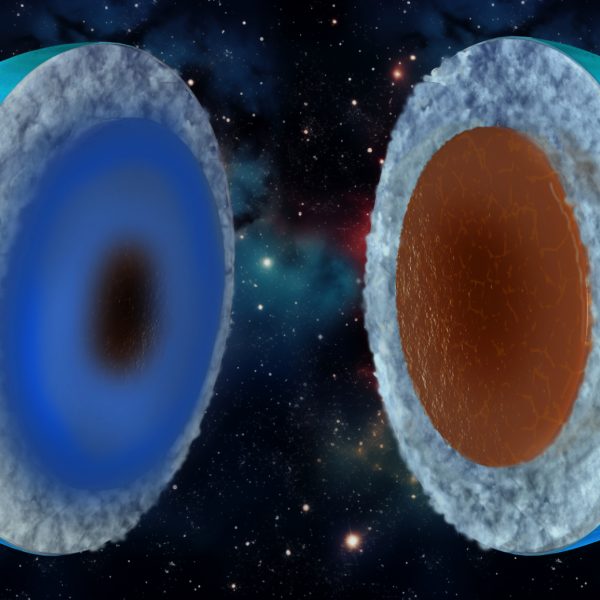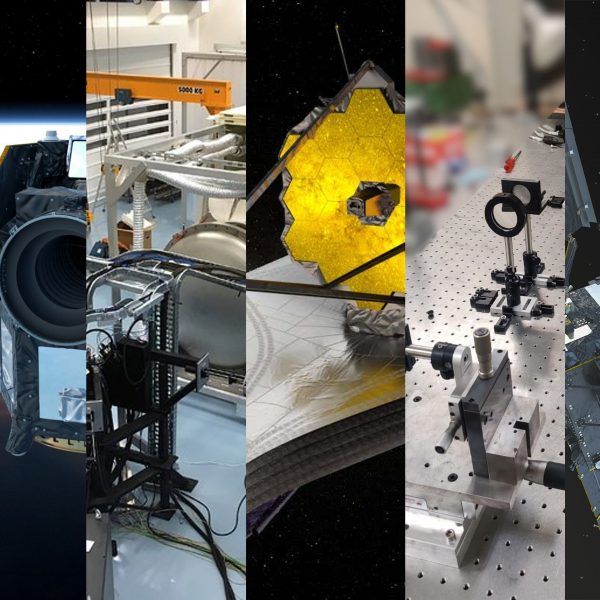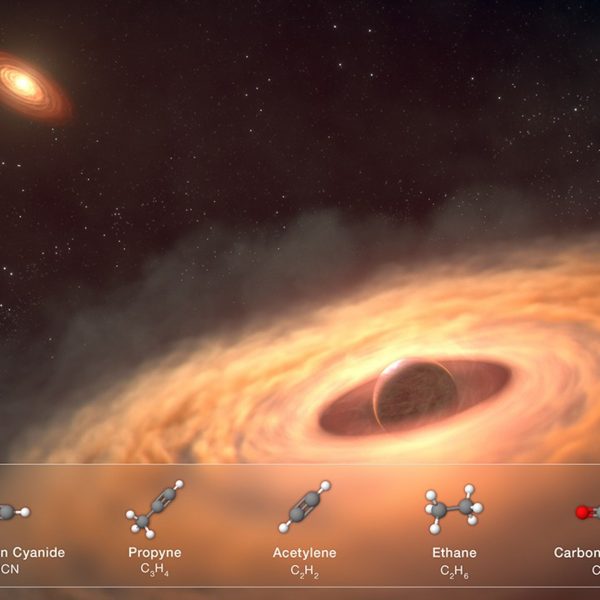News
Sign-up Interfirnity Volunteers
Continue ReadingUranus and Neptune Might Be Rock Giants
A team of researchers from the University of Zurich and the NCCR PlanetS is challenging our understanding of the Solar System planets’ interior. The composition of Uranus and Neptune, the two outer most planets, might be more rocky and less icy than previously thought. The planets in the Solar System are typically divided into three […]
Continue ReadingA New National Conference Brings Engineers and Scientists Together
The first national conference “Swiss Innovation for Astrophysics and Planetary Science” will take place in Bern from 20–22 January 2026, hosted by the Technology and Innovation Platform of NCCR PlanetS. The event will spotlight the development of technology and software for ground- and space-based telescopes, scientific instruments, and planetary exploration. Its unique focus is on […]
Continue ReadingInterview with PlanetS Alumni – Kaustubh Hakim
Kaustubh Hakim is passionate about understanding the chemistry of exoplanets. He is currently a research staff member at KU Leuven and the Royal Observatory of Belgium. He did a long-term postdoc at the University of Bern between 2019 and 2023. Before that, he obtained a PhD in Astrophysics and Geochemistry from the University of Amsterdam […]
Continue ReadingInterview with PlanetS Alumni – Andrin Kessler
Andrin’s journey started with a PhD with PlanetS after studying Theoretical Physics at the University of Bern. For four years, he researched the formation of planets using computer models as part of the Theoretical Astrophysics Group in Bern. He has recently chosen to leave academia, but he is still working on modelling the real world. […]
Continue ReadingInterview with PlanetS Alumni – Caroline Haslebacher
A nice anecdote she shared with us? “I am the kind of person who asks what the ‘S’ in PlanetS stands before even officially becoming a member.” Dr. Caroline Haslebacher is passionate about fractures in Europa’s ice shell and applies deep learning models to study them. She graduated with a PhD in Physics from the […]
Continue ReadingInterview with PlanetS Alumni – Emily Rickman
Dr. Emily Rickman is an astrophysicist for the European Space Agency (ESA) based at the Space Telescope Science Institute (STScI) in Baltimore, USA. STScI is home to the mission operations for the James Webb Space Telescope (JWST) and the Hubble Space Telescope (HST) of which Dr. Rickman serves as a science team member. She was […]
Continue ReadingOne night, a thousand (space) discoveries – the fascination of the 2025 ‘Nacht der Forschung’
On Saturday, 6 September, the University of Bern became the venue for a very special encounter between science and the public: the Nacht der Forschung (Research Night in English) opened its doors – in sunny weather and pleasant temperatures – and attracted over 10,000 curious visitors. One of the most important topics was space research. […]
Continue Reading30 years ago
Exactly 30 years ago, on October 6, 1995, the University of Geneva Observatory changed our view of the world with the announcement by two scientists, Michel Mayor and Didier Queloz, of the discovery of the first planet orbiting a star other than the Sun. However, it was in the 1970s that Geneva scientists began developing […]
Continue ReadingWitnessing the Formation of Moons
NASA’s Webb Telescope is investigating the formation of moons around a massive planet. A team at UZH is using the data to study the chemical composition of a disk that is believed to be the basis for the formation of new moons. NASA’s James Webb Space Telescope has provided the first direct measurements of the […]
Continue Reading









